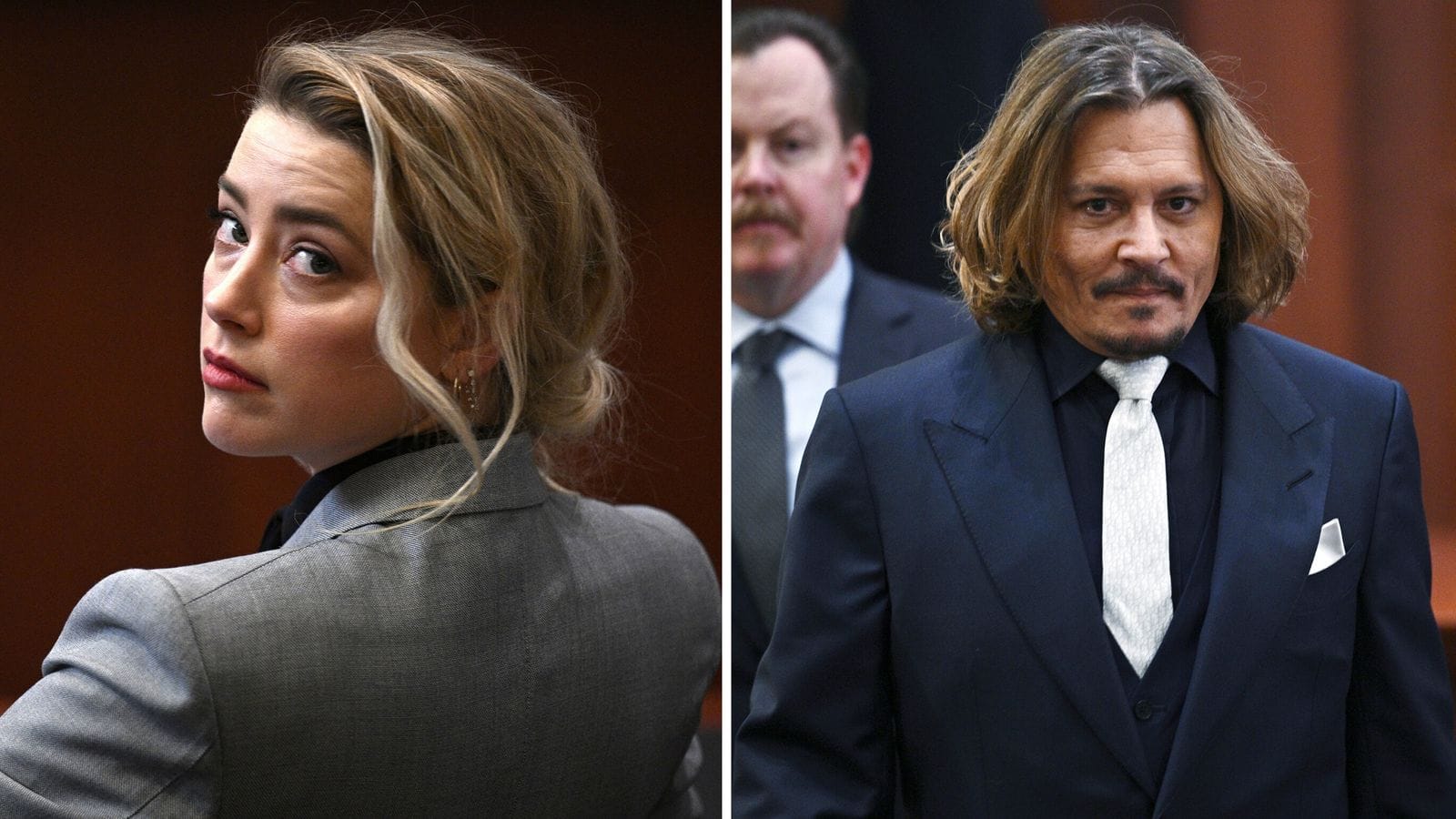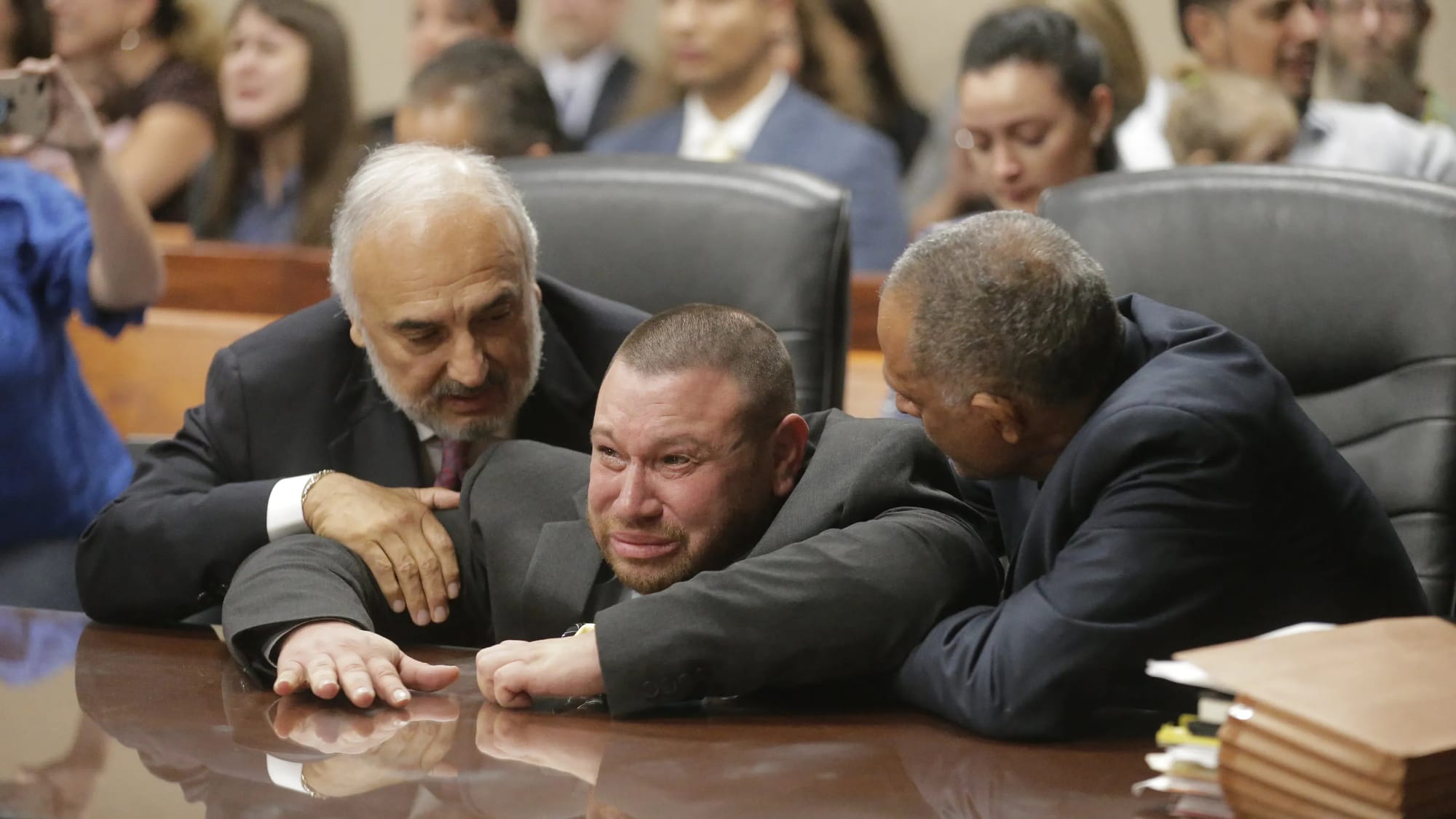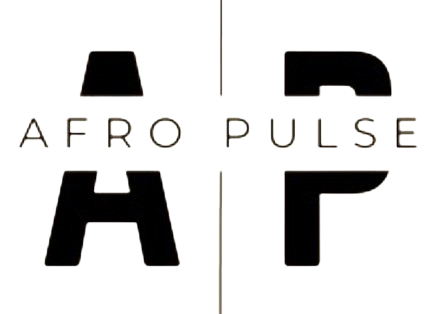Why The #MeToo Movement Does More Harm Than Good

Six years ago, a whisper rippled across the internet: #MeToo. A simple hashtag, borne from the courageous confession of actress Alyssa Milano, ignited a global firestorm. Women from all walks of life shared their stories of sexual harassment and assault, exposing a pervasive culture of silence and abuse. Suddenly, the whispers became a roar, and the world listened.
But in the years since, a stark question has emerged: has #MeToo, in its noble fight for justice, inadvertently caused harm as well? This is not an attack on the movement's core purpose – dismantling predatory behavior and empowering survivors. It's an invitation to a nuanced conversation, a chance to examine the unintended consequences of a seismic shift in societal norms.
The Scales of Justice: Due Process and the Presumption of Innocence
One primary concern revolves around due process and the presumption of innocence. The swiftness of online condemnation, often fueled by anonymous accusations, can leave individuals facing devastating consequences – loss of jobs, reputation, even relationships – before an investigation or trial. While we must stand with survivors, the scales of justice cannot be tipped solely by an outpouring of emotions, no matter how heartfelt.

Even when investigations conclude in an accused's favor, the stain of accusation can linger. Take the recent, high-profile case of Johnny Depp versus Amber Heard. Depp sued Heard for defamation after her Washington Post op-ed, where she described herself as a "domestic violence survivor." While the jury ultimately found in Depp's favor, the public's perception of him was irrevocably altered. He lost lucrative film roles and endured widespread mockery, despite the court's determination that Heard's claims were false or lacked sufficient evidence.
These instances, though not exhaustive, highlight the potential for lasting harm. Careers and reputations can be shattered before allegations are even proven, leaving the accused battling not only legal hurdles but also societal prejudice. While we must listen to and support survivors, the pursuit of justice cannot abandon the principle of due process. Every individual, regardless of accusations, deserves a fair hearing and the opportunity to defend themselves against potentially life-altering claims.
Striking a balance between protecting survivors and upholding due process remains a complex challenge. We must ensure rigorous investigations and fair trials, while acknowledging the emotional burden borne by those who come forward. Moving forward, the #MeToo movement must evolve to incorporate safeguards against hasty judgments and ensure that the quest for accountability doesn't result in collateral damage to the wrongly accused.
Lost in Translation: Blurring the Lines Between Harassment and Harmless Behavior
Furthermore, the blurring of the lines between harassment and harmless behavior creates an atmosphere of hyper-vigilance, where playful banter can be misconstrued as predatory intent.

This fear of misinterpretation can stifle healthy social interactions, especially between men and women, perpetuating the very isolation and mistrust the movement seeks to overcome.
Weaponizing the Movement: False Allegations and Their Shadow
Another facet of harm lies in the potential for weaponization of accusations. While not the majority, there are instances where false allegations have been used for personal gain or revenge, inflicting immense damage on the falsely accused. This undermines the credibility of true survivors and erodes trust in the system designed to protect them.

Consider the story of Michael Brodrick, a high school music teacher in Colorado. In 2018, he faced multiple accusations of sexual misconduct stemming from anonymous online posts. The allegations, later proven false, led to his suspension, public vilification, and ultimately, his resignation. Despite a thorough investigation and complete exoneration, Brodrick's career and reputation were irreparably tarnished. This case tragically illustrates the destructive power of false accusations, leaving innocent individuals to grapple with professional ruin, emotional trauma, and a seemingly inescapable stigma.
Beyond personal consequences, weaponized accusations can also erode trust in the movement itself. When false claims take center stage, they can overshadow the voices of legitimate survivors and create an atmosphere of doubt and skepticism. This can discourage genuine victims from coming forward, fearing potential dismissal or accusations of fabrication.
The potential misuse of the #MeToo movement underscores the importance of caution and critical thinking. While we must always lend a sympathetic ear to survivors, thorough investigations and due process are crucial in preventing injustices against falsely accused individuals. This doesn't mean questioning every accusation - it means ensuring evidence, not emotions, guide the path to justice.
By upholding due process and fostering responsible dialogue, we can protect both the movement's integrity and the rights of all involved. We must strive for a future where genuine survivors are empowered to speak out without fear, while safeguarding individuals from the potentially devastating consequences of false accusations. Only then can the #MeToo movement truly fulfill its promise of creating a safer and more equitable world for everyone.
Victories and Challenges: Recognizing the Impact of #MeToo
Addressing these unintended consequences doesn't negate the movement's crucial impact. #MeToo has undoubtedly empowered survivors to speak out, fostered open conversations about consent and boundaries, and held powerful figures accountable. It has inspired legislation against workplace harassment and pushed institutions to adopt stricter policies. These are undeniable victories, testaments to the movement's transformative power.
Finding Balance: A Path Forward for Justice and Healing
But moving forward, a balanced approach is essential. We must champion survivor voices while safeguarding due process. We need to encourage open communication without succumbing to a climate of fear. We must prioritize truth and transparency, ensuring both accusers and accused have fair access to justice.

This requires collective responsibility. Survivors deserve unwavering support and a legal system that protects them. Men, meanwhile, must embrace self-reflection and accountability, actively dismantling harmful gender stereotypes and recognizing women's equal space in society.
From "MeToo" to "WeToo": Reframing the Narrative for Shared Progress
Furthermore, reframing the narrative can be transformative. Shifting the focus from solely on "MeToo" to "WeToo" underscores the collective responsibility to build a safer, more equitable world. This creates a shared agenda, where men and women collaborate, not against each other, but towards a future free from violence and abuse.
#MeToo's Legacy: A Symphony of Justice Awaits
#MeToo's legacy is still being written. Can it be both a revolutionary force for good and a cautionary tale of unintended consequences? The answer lies in our collective hands. By acknowledging the complexities, fostering honest dialogue, and working together, we can ensure that the roar that began as a whisper ultimately becomes a symphony of justice, healing, and progress.
This article raises only a few questions in a vast and evolving conversation. It invites you, the reader, to join the dialogue, to engage in critical thought, and to contribute to shaping a future where #MeToo's legacy is not one of harm, but one of lasting positive change.
Ladies, what are your thoughts? Gentlemen, I’d love to hear from you too.





